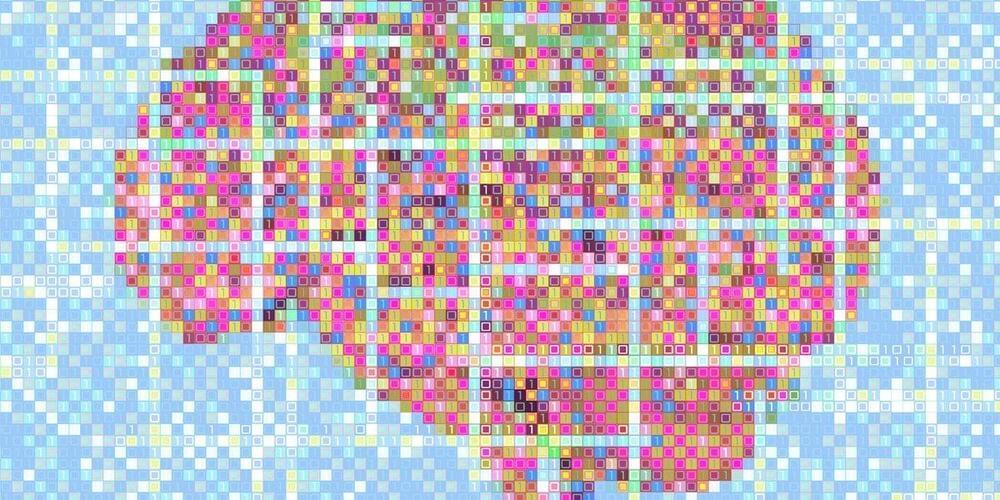Training the large neural networks behind many modern AI tools requires real computational might: For example, OpenAI’s most advanced language model, GPT-3, required an astounding million billion billions of operations to train, and cost about US $5 million in compute time. Engineers think they have figured out a way to ease the burden by using a different way of representing numbers.
Back in 2017, John Gustafson, then jointly appointed at A*STAR Computational Resources Centre and the National University of Singapore, and Isaac Yonemoto, then at Interplanetary Robot and Electric Brain Co., developed a new way of representing numbers. These numbers, called posits, were proposed as an improvement over the standard floating-point arithmetic processors used today.
Now, a team of researchers at the Complutense University of Madrid have developed the first processor core implementing the posit standard in hardware and showed that, bit-for-bit, the accuracy of a basic computational task increased by up to four orders of magnitude, compared to computing using standard floating-point numbers. They presented their results at last week’s IEEE Symposium on Computer Arithmetic.










Comments are closed.